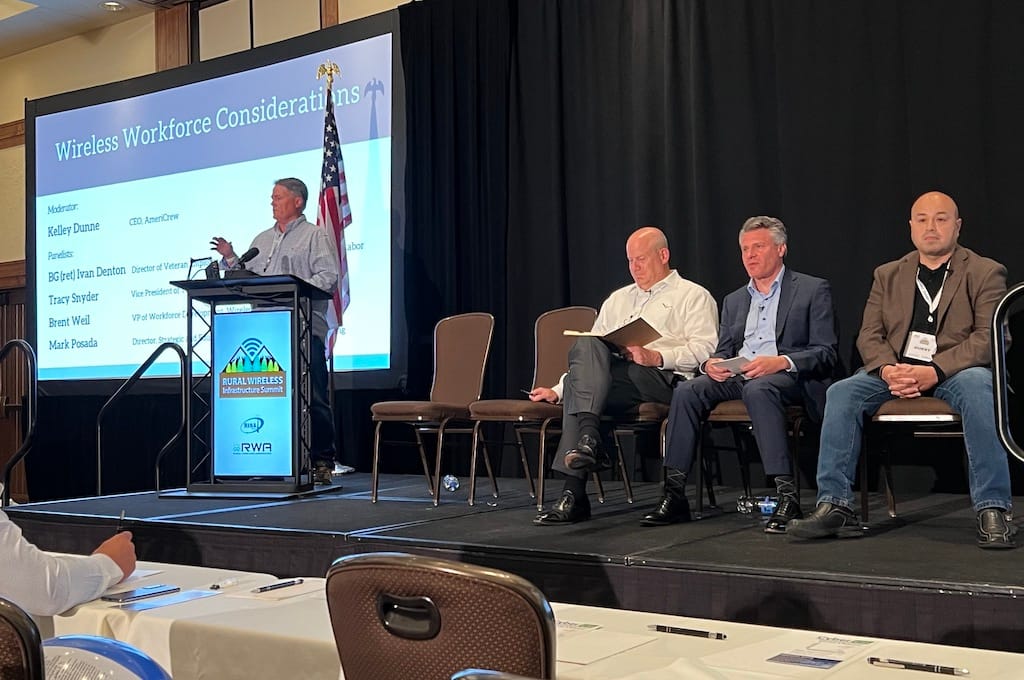FCC Chairwoman Jessica Rosenworcel Emphasizes 100 Percent Broadband Adoption
‘It’s about making sure wireless connections are available in 100 percent of rural America,’ said the chairwoman.
Teralyn Whipple

PARK CITY, Utah, June 28, 2022 – The Federal Communications Commission is making progress towards bringing “affordable, reliable, high-speed broadband to 100 percent of the country,” Chairwoman Jessica Rosenworcel said at the Rural Wireless Infrastructure Summit here on Tuesday.
Rosenworcel pointed to the $65 billion Infrastructure Investment and Jobs Act now being deployed across the country, with a particular focus on unconnected rural and tribal areas.
Although the Commerce Department’s National Telecommunications and Information Administration will take the lead with these funds, the FCC’s new broadband coverage maps will be important in implementing state digital equity plans.
In her remarks, Rosenworcel also discussed how the upcoming 2.5 GigaHertz spectrum auction will involve licensing spectrum primarily to rural areas.
At the July FCC open meeting, said Rosenworcel, the agency is scheduled to establish a new program to help enhance wireless competition. It is called the Enhanced Competition Incentive Program.
The program aims to build incentives for existing carriers to build opportunities for smaller carriers and tribal nations through leasing or partitioning spectrum. Existing carriers will be rewarded with longer license terms, extensions on build-out obligations, and more flexibility in construction requirements.
“It’s about making sure wireless connections are available in 100 percent of rural America,” she said.
She also indicated her commitment to work with Congress to fund the FCC’s “rip and replace” program to reimburse many rural operators’ transitions from Chinese-manufactured telecommunications equipment. She also touted the role that open radio access networks can plan in more secure telecommunications infrastructure.
In other news at the conference, FCC Commissioner Brendan Carr addressed the role of funding broadband operations in rural America, the challenges of workforce training, and ensuring that rural carriers have access to high-cost universal service support.
In a session moderated by AmeriCrew CEO Kelley Dunne, panelists from the U.S. Labor Department, the Wireless Infrastructure Association and Texas A&M Extension Education Services addressed the need to offer a vocational career path for individuals for whom a four-year degree may not be the right choice. AmeriCrew helps U.S. military veterans obtain careers in building fiber, wireless and electric vehicle charging infrastructure.
Broadband Breakfast Editor and Publisher Drew Clark contributed to this report.








Member discussion